-
Best MicroSD cards for your Zoom H1n Oral History Recorders
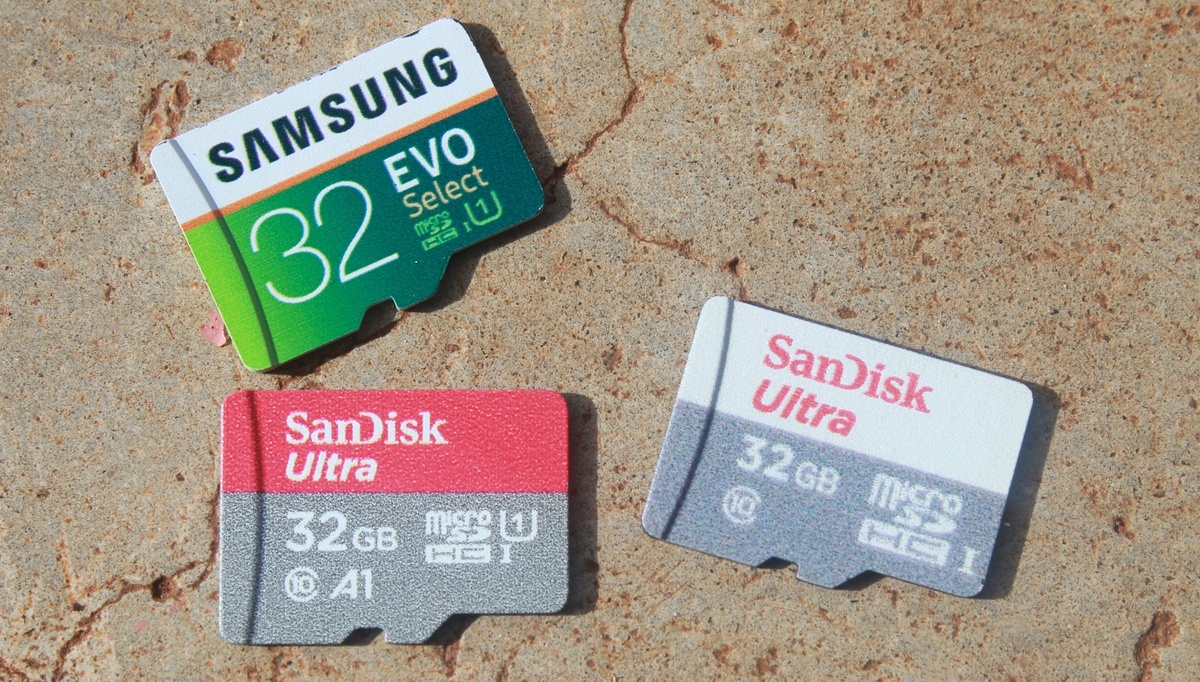
In my previous blog about The Four Best Voice Recorders for Your Oral History Interviews, we looked at Zoom H1n. Now we’re going to look at microSD cards that can be used as additional memory to the Zoom H1n recorder. SanDisk Ultra 32GB If you are looking for a microSD for your Zoom H1n recorder…
-
The Four Best Voice Recorders for Your Oral History Interviews

In this post I’m going to share my top three picks for the best voice recorders for your oral history interviews and some amazing features they each come with. My top four pics are Zoom H1n This is considered the newer and better version of the Zoom H1. It is an entry level professional digital…
-
Top Three Possible Sources of Funding for Oral History Research
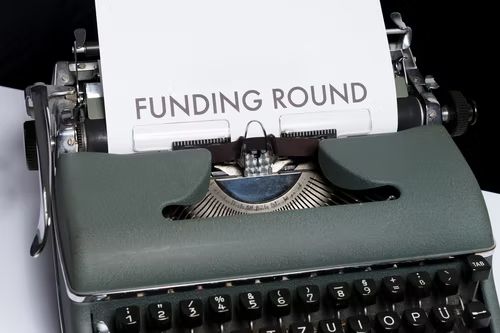
The execution of an oral history research project is dependent not only on the effort of the researcher but also on the availability of infrastructure to conduct the research for it to be successful. The conduct of a research project entails expenses on man and material and funding is essential to meet these requirements. It…
-
The Six R’s for Good Oral History Practice
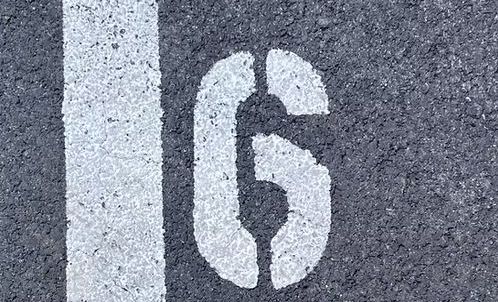
Oral history should always strive to create a situation where the interviewer is able give the interviewee the space to reflect widely, to recall fully and to also associate with the subject of the interviewer, all the while providing a suitable environment for the interviewee to do so. Martha Ross the “mother” of oral history…
-
Four Key Elements of an Oral History Interview
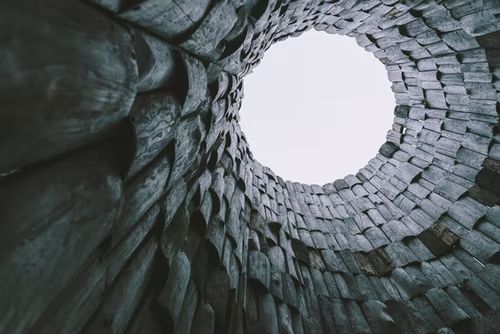
Oral history is an interactive, intersubjective and creative process that springs from an engagement with memory. In addition to the dialogue that takes place between the historian and the narrator, there is also the active shaping of that narrative in the process of the interview and thereafter that should also be considered. In this blog…
-
Best Practices for Recording Oral History Interviews

Let’s get right into it. First and foremost ensure there are no extraneous noises such as pets, people having conversations, traffic that may distract your recording process. Sometimes noise can be inevitable, check out my blog on Top Tips on How to Record your Oral History Interviews in a Noisy Environment. However the less noise…
-
Easy Steps to Open a Skype Account to Conduct Remote Oral History Interviews
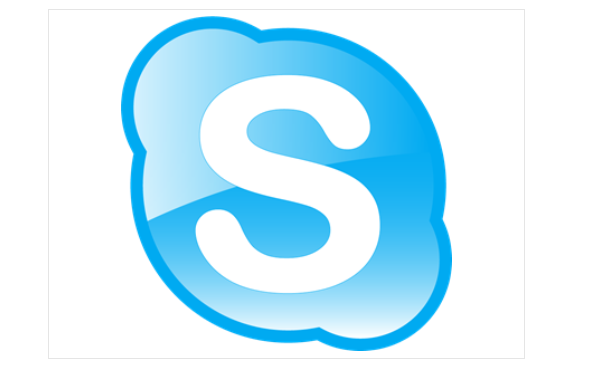
I’ll be showing you easy steps to create a Skype account for all your remote oral history interviews and meetings. Go to the Skype Website To create a new Skype account, go to your web browser then type in Skype.com. You will be directed to the official website for Skype. Click on the sign in…
-
Easy Steps to sign up for a Zoom Account for Your Oral History Interviews

Do you want to use Zoom to record your oral history interviews but don’t know where or how to get started? Here are easy steps to help you create a Zoom account. Visit the Website To access a Zoom account, go to your web browser and type in zoom.com it will take you to their…
-
JoFranLu Oral history Transcription Services Style Guide

This style guide is our way of ensuring quality and explains what you as an oral historian should expect when it comes to transcript quality. Here’s a summary of the style guide we use at JoFranLu. Transcription Types Verbatim: This type of transcript includes filler words, stutters and repetition. As well as non-verbal cues. It…
-
How to Put together an Oral History Consent Form
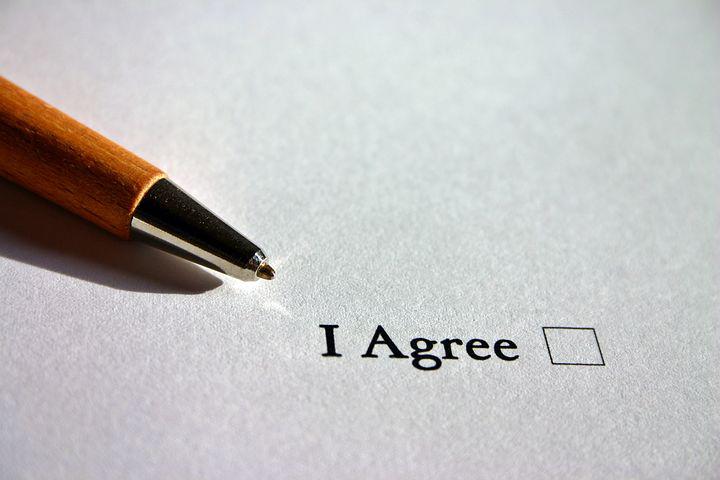
Before any oral history interview, an interviewer or in this case an oral historian has to get permission from the interviewee to recount their thoughts. This is because oral history operates within a context of informed consent which can be said to have been given if it is based upon a clear appreciation and understanding.…